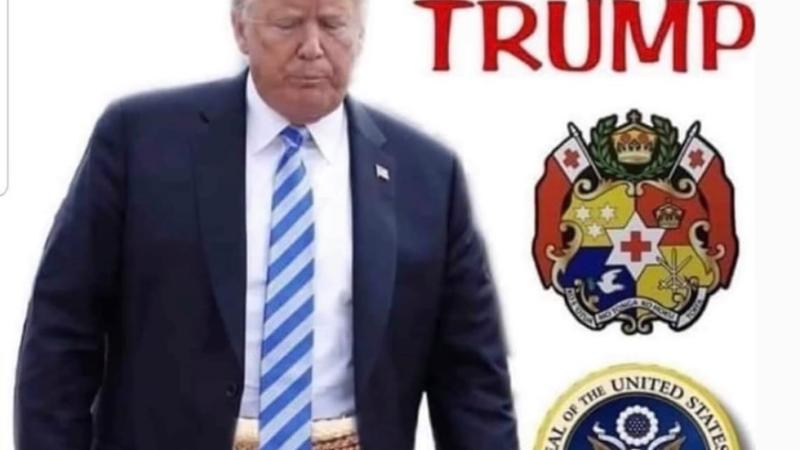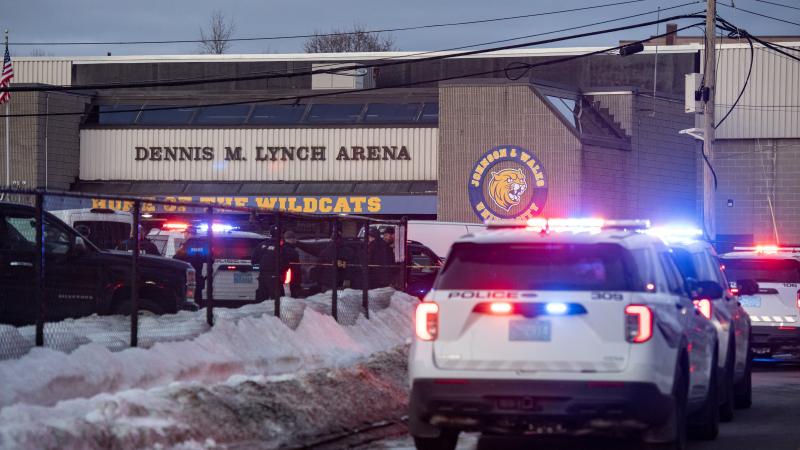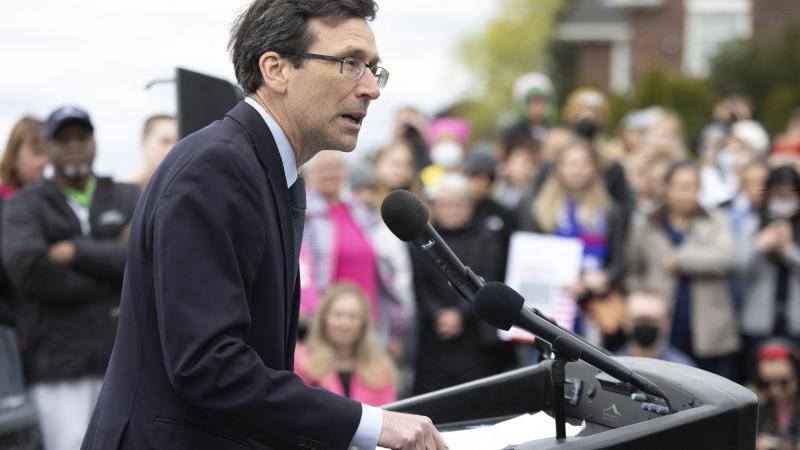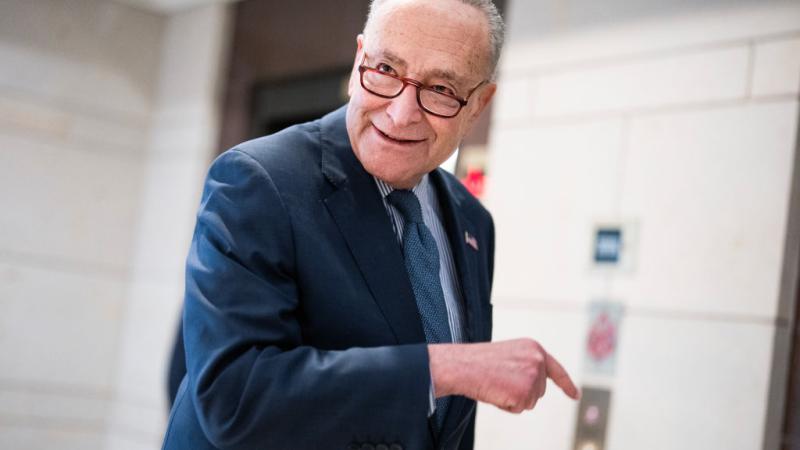Most Americans concerned about social media censorship this election cycle, poll finds
Men were a bit more concerned, 64% compared to 57% of women.
The majority of Americans are concerned that social media companies are censoring information ahead of the 2024 election, according to a new poll.
The Center Square Voter’s Voice poll, one of only six national tracking polls in the U.S., asked 2,290 likely voters: “Are you worried that social media companies are censoring content about the 2024 election right now?” The poll's margin of error is +/- 2.1% for likely voters
The survey found that 61% of likely voters replied “yes” while only 25% said “no” and the rest are not sure.
Men were a bit more concerned, 64% compared to 57% of women.
The poll also found 66% of Hispanic respondents and 62% of white voters shared the concern.
A plurality of Black respondents shared the concern, 44%, compared to 40% who did not.
Republicans were more concerned, 78%, than Democrats, 43%, although a plurality of Democrats shared the concern.
Notably, 61% of Independents shared the worry that social media companies are censoring content.
The poll comes after Mark Zuckerberg, founder of Facebook, admitted to the U.S. House Judiciary Committee in August that he regretted caving to government pressure to censor Americans during the previous election and the COVID-19 pandemic.
"I believe the government pressure was wrong, and I regret that we were not more outspoken about it," Zuckerberg said in a letter to the committee at the time.
The House Oversight Committee opened an inquiry into Google in August after reports that Google autocompleted searches of presidential assassination attempts for other past presidents but omitted Trump.
Google brushed aside concerns as technical issues, not intentional censorship.
The House Judiciary Committee also raised concerns about Facebook censoring the now-famous photo of a bloodied Trump pumping his fist after the assassination attempt, among other issues. A Meta representative acknowledged that was a mistake.
“Specifically, Meta’s AI assistant claimed, ‘the attempted assassination of former President Donald Trump was a ‘fictional’ event,’ even as the chatbot ‘had plenty to say about Democratic rival Kamala Harris’ run for the White House,” House Oversight Chair Rep. James Coker, R-Ky., wrote, citing a New York Post article.
“When asked if the assassination on President Trump was fictional, Meta’s bot responded that there ‘was no real assassination attempt on Donald Trump,” the letter continued. “I strive to provide accurate and reliable information, but sometimes mistakes can occur.’ The bot further added, ‘[t]o confirm, there has been no credible report or evidence of a successful or attempted assassination of Donald Trump.’”
Just before the 2020 election, the FBI successfully pressured social media companies like Facebook and Twitter to censor or shadow ban articles about Hunter Biden’s laptop as Russian disinformation, although the laptop was later verified as valid and not Russian disinformation.
Reporting has also shown that social media companies, at the behest of the federal government, censored Americans’ posts about COVID-19 vaccines and related issues.
The presidential race is very close, which means any censorship in the last few weeks could make an impact.















